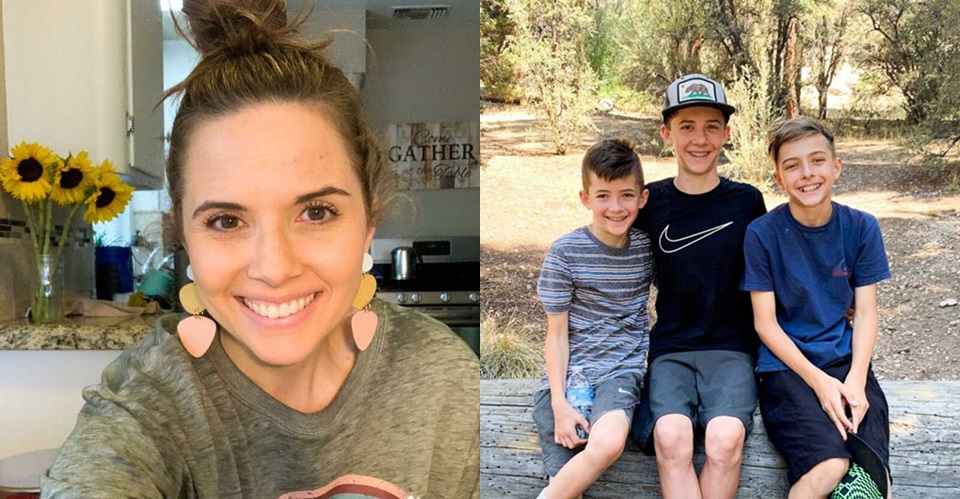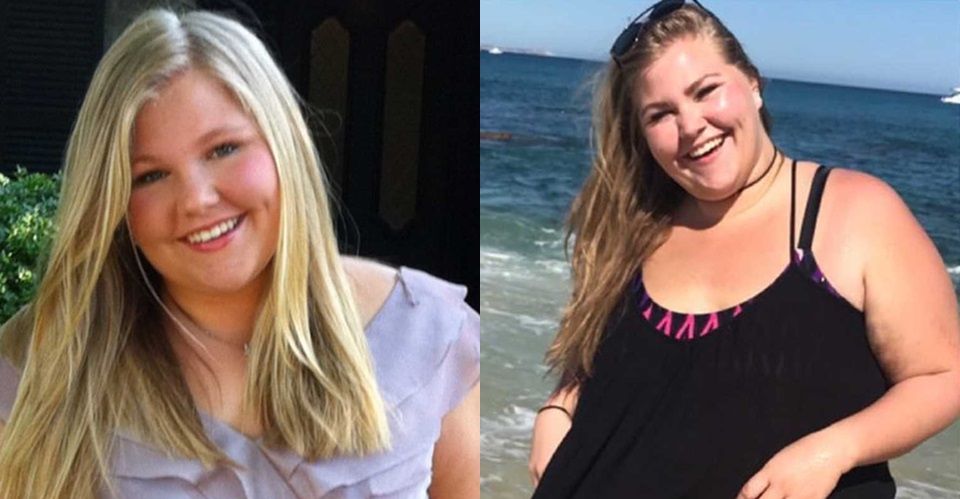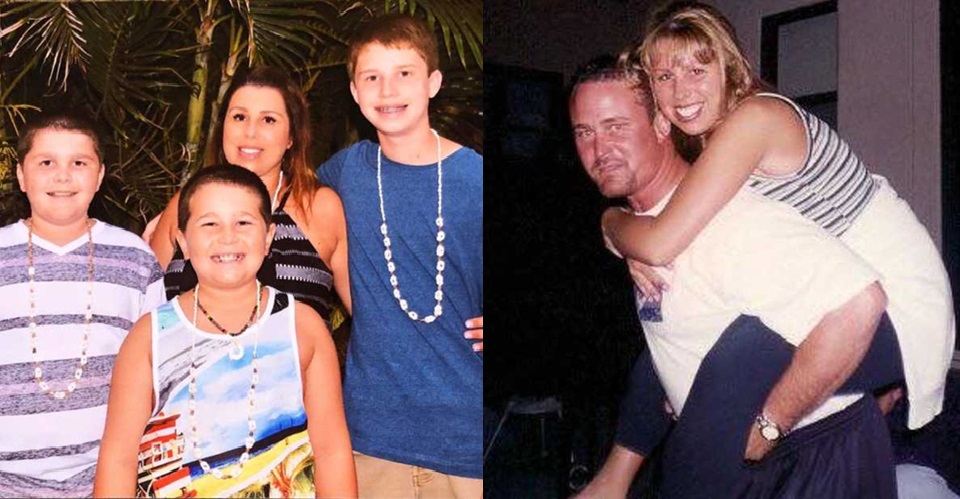Most adults perceive anxiety and overflowing emotions as part of adulthood; however, the truth is that most children experience feelings of anxiousness and anxiety throughout their lives. Anxiety is developed early and can affect the ability to stay calm when patience is required. Growing up in a household where your emotions are understood and feelings are acknowledged is a blessing. Becky recalls her childhood when she was asked about things that made her anxious.
Getting bruises and scraping knees is a part of childhood and is not as serious as it seems. Children have this trait embedded in them that little things make them curious, and all they want to do is constantly experiment and learn. Physical pain had never scared Becky. However, when she complained to her mother about persistent backaches that kept returning at a young age, her mother knew something deeper was wrong. The visit to the hospital was not delayed; however, no doctor could find any physical injury or abnormalities through scans.
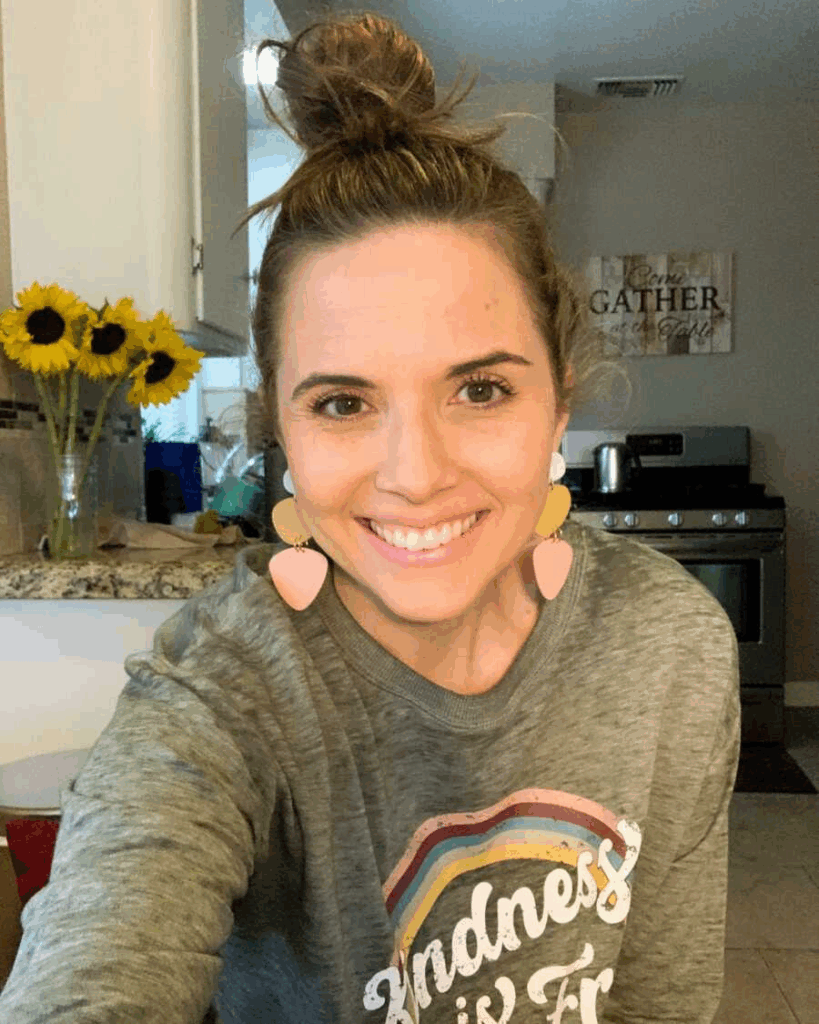
During several visits to the hospital, one doctor asked about Becky’s emotional life, and they told him how Becky’s parents had recently decided to separate. Thus, it was not anything but the signs of stress that the body showed. Most of your anxiety is stored in your body and builds up aggressively. Severe pain and unusual behaviours are signs of taking care of yourself. Later in life, as things did not get better, Becky was formally diagnosed with an anxiety disorder.
When Becky looks back at how all this could be fixed, she can recall all the moments she ignored the signs her body gave her, from her racing heartbeat to the constant urge to isolate herself. However, when she was young, mental health was not a concept many people knew about, and priorities back then were different. She was glad that her mother noticed on days when Becky’s energy was not the same and she allowed Becky to rest rather than forcing her to attend school. This was the space she needed to save herself.

Now, as a mother, Becky looks forward to being an advocate for mental health, especially for children, as the same anxious patterns have been seen to date. Any emotion that overflows and is seen repeatedly, from tears, anger, to signs of withdrawal, should never be ignored, as before being a mother, Becky knows she needs to fit in perfectly in different roles, from being a friend, a good listener, to the best pillar of support for her kids. A little attention goes a long way! She also penned down the strategies she has learnt all these years, and you may implement for your or your child’s anxiety.
Not many people practice gratification despite being covered with blessings; over time, they lose the ability to recognise the good things around them. Thus, Becky has made a ritual in life: to identify three good things around her or things she is grateful for every single day. The second technique is something most people already know about, yet they fail to practice it. Having a journal can ease so many emotions.
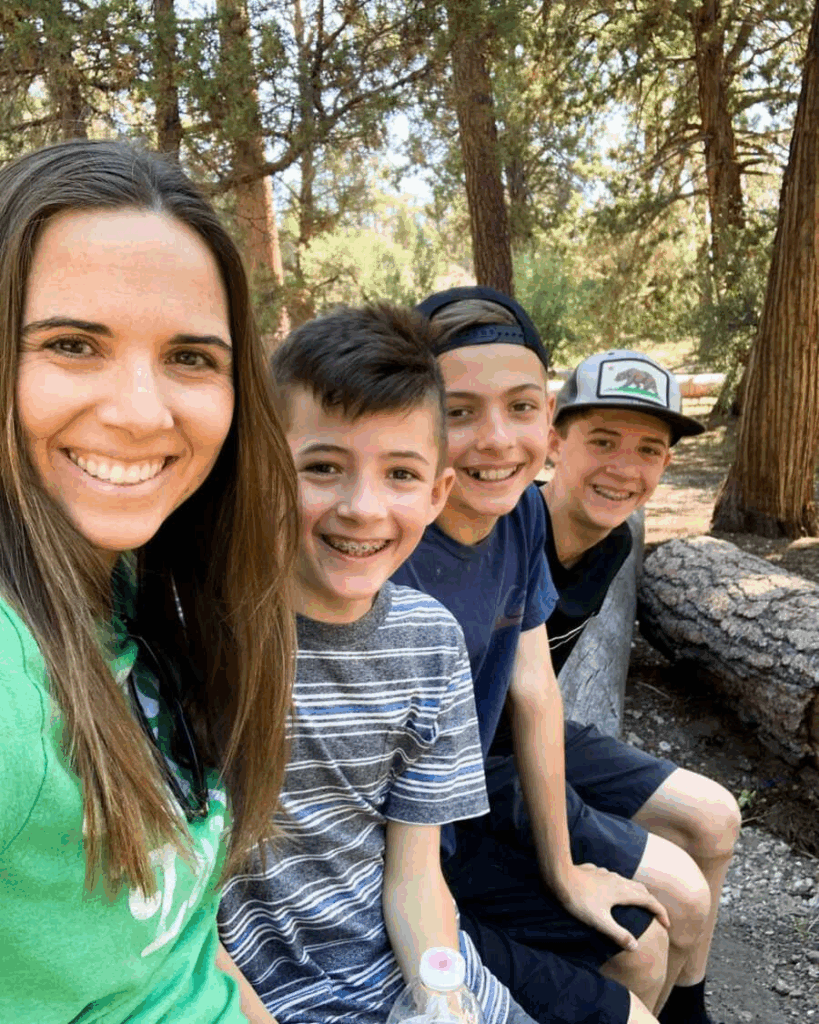
Becky writes about how a friend’s daughter was constantly anxious about changing rules during the pandemic back in 2019. However, maintaining a journal and writing down her thoughts were integral in keeping her at ease, as reading words you wrote is the best way of reassurance. Lastly, take five deep breaths. Breathing patterns significantly impact anxiety, and so, the technique of box breathing, if integrated, can help your nervous system stay in a calm state constantly. Also, make sure as a parent you are the first person your child comes up to share things with and be the best listener for them, as most people need to know that they aren’t alone in it. Children mostly fail to express their feelings, so being there for support and love silently takes away their worries.
